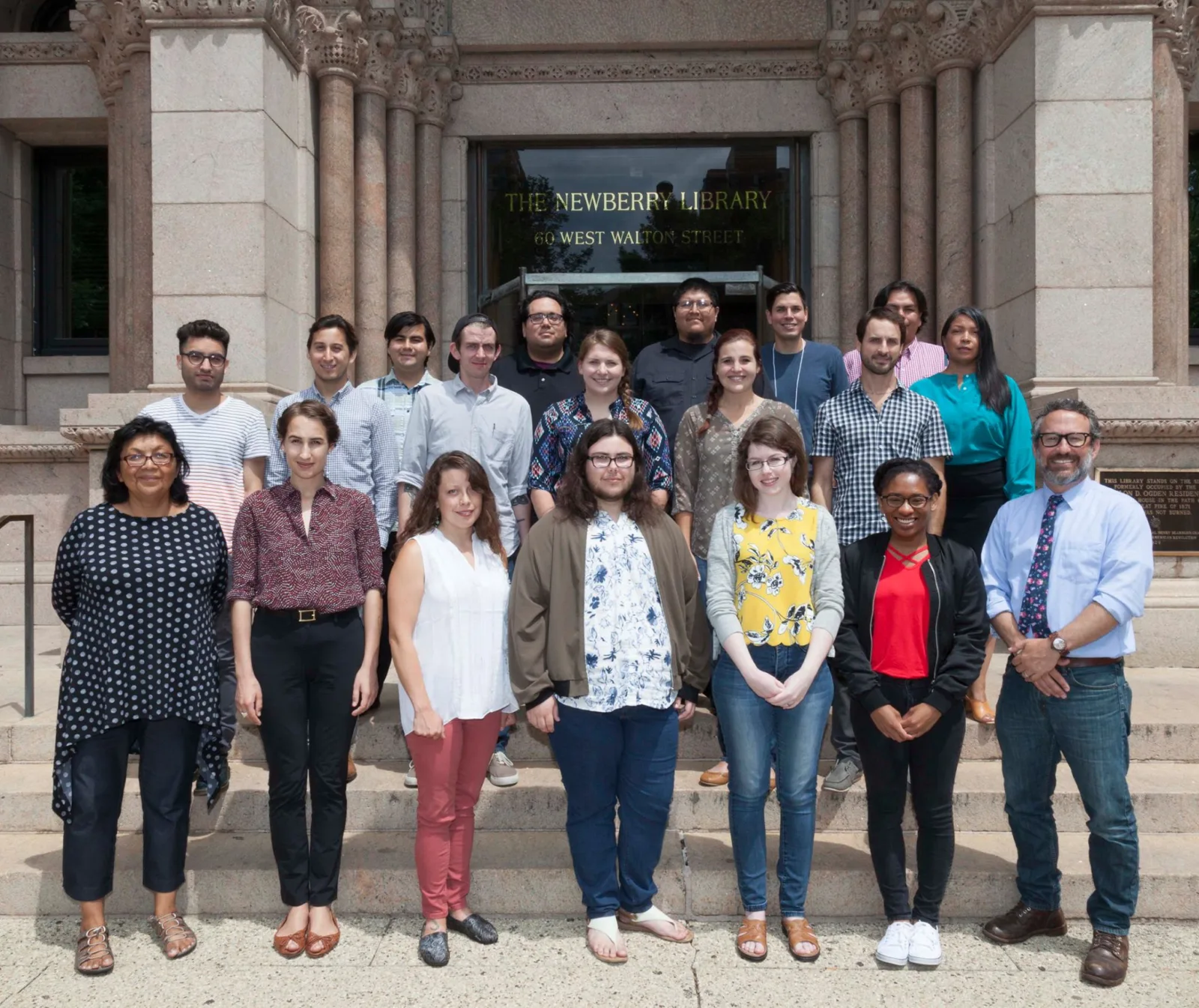This NCAIS institute will examine foundational doctrines of law that have informed the history and contemporary shape of the government-to-government relations between Native Nations and the United States. Through a close consideration of executive, legislative and judicial modes of US law-making often referred to as Federal Indian Law, and the many different, enduring strategies of Native Nations and their citizens to define themselves on their own terms, participants will be guided through key moments that played, and continue to play, a profound role in the political and legal landscape occupied by Native Nations in the United States. Over the course of the institute, we will read case studies, primary documents, and theoretical interventions that raise questions of modern Native nation-building and the ways in which Native leaders have addressed the challenges that face their respective peoples, including questions of belonging related to blood quantum and citizenship; family, marriage, and sexuality; Western notions of property and land use; Indigenous forms of governance and justice, and impositions of Western democratic principles. We will also devote time to examining the significance of UNDRIP and the United Nations forum to advance Indigenous nations and peoples’ efforts to reclaim their sovereignty and self-determination grounded in their own cultural, legal, and ethical commitments. We will focus on shifting logics of Federal Indian Law that have effectuated misappropriations of indigenous lands, territories, resources, and labor. We also plan to consider historical and contemporary conditions facing Native nations’ efforts to exert legal and political authority over different populations (native and non-native), territories (on and off reservation lands) and the effects these shifts have had on the provision of justice in Indian Country. We will ask what it might mean and look like to return to a nation and life based upon original teachings and principles? In what ways have modern notions of nation and democracy reshaped tribal nations to naturalize concepts of heteropatriarchy? We will end the seminar by asking participants to consider the differences between US-based and International legal regimes concerning the rights of Native peoples, and the limits and possibilities afforded by these different systems for addressing their grievances against settler states and revitalize their own forms of governance and notions of citizenship and belonging?
Faculty: Prof. Jennifer Nez Denetdale, University of New Mexico; Prof. Justin Richland, University of Chicago
Institute Participants:
Kerri Clement, University of Colorado, Boulder
Neil Dodge, University of Nevada, Las Vegas
John Little, University of Minnesota
Dylan Stevenson, Cornell University
John Ryan, University of Wisconsin, Madison
Heather Thieken, University of Wyoming
Matthew Irwin, University of New Mexico
Bonnie Etherington, Northwestern University
Ebony Taylor, Northwestern University
Elias Nelson, Harvard University
Rico Chenyek, University of Illinois
Darren Courchene, University of Manitoba
Julia Grummit, Princeton University
Marcus Macktima, University of Oklahoma
David De La Torre, University of Iowa
Jen Andrella, Michigan State University
